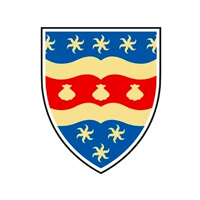fees waived
Ocean Exploration and Surveying, BSc (Hons)
University of Plymouth, United Kingdom
Ranking in UK
Building
Building
Construction, Surveying and Planning
Costs
food & rent S$18.8k / year
Entry requirements
Scholarships
Unlimited quantity
Unlimited quantity
Unlimited quantity
Limited quantity
Information
Code
Code
Intakes
Website (External)
Programmes
Information
Duration
2029
This course in hydrographic surveying and marine exploration equips students for careers in offshore and environmental fields, covering topics such as marine remote sensing, oceanography, underwater acoustics, digital mapping, and geographical information systems. With a strong emphasis on practical applications, students gain essential skills in seafloor mapping and measurement using advanced technology. Ranked in the top 15 in the UK and top 100 globally for Earth and Marine Sciences (QS World University Rankings 2023), the program offers hands-on experience through industry-standard equipment, a fully-equipped fleet, and options for professional diving qualifications, overseas field courses, and strong industry links, enhancing employment prospects.The first year introduces foundational marine science topics and practical skills through field activities. The second year focuses on offshore technologies like computerised mapping, marine positioning, and underwater acoustics, with optional modules in meteorology or scientific diving. A placement opportunity provides workplace experience, while the final year delves into coastal and offshore surveying, including a residential field course and a research project. Assessment details are available on the institution's website; the course does not award qualified teacher status (QTS).
A local representative of University of Plymouth in Singapore is available online to assist you with enquiries about this course.

